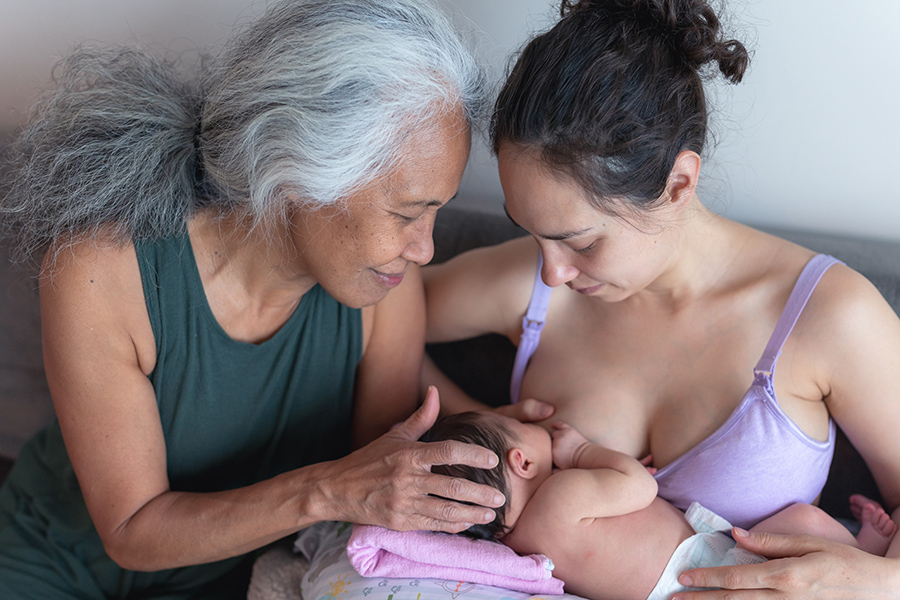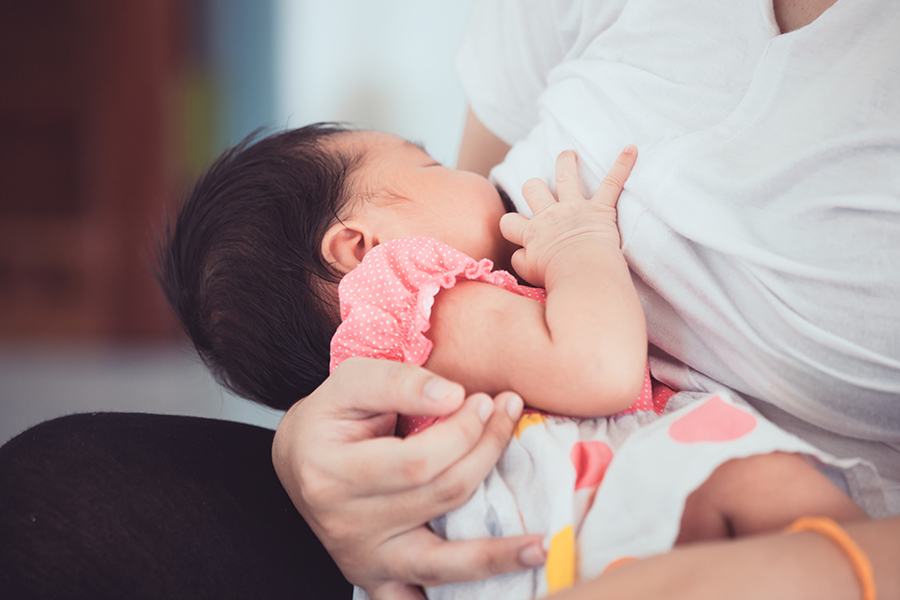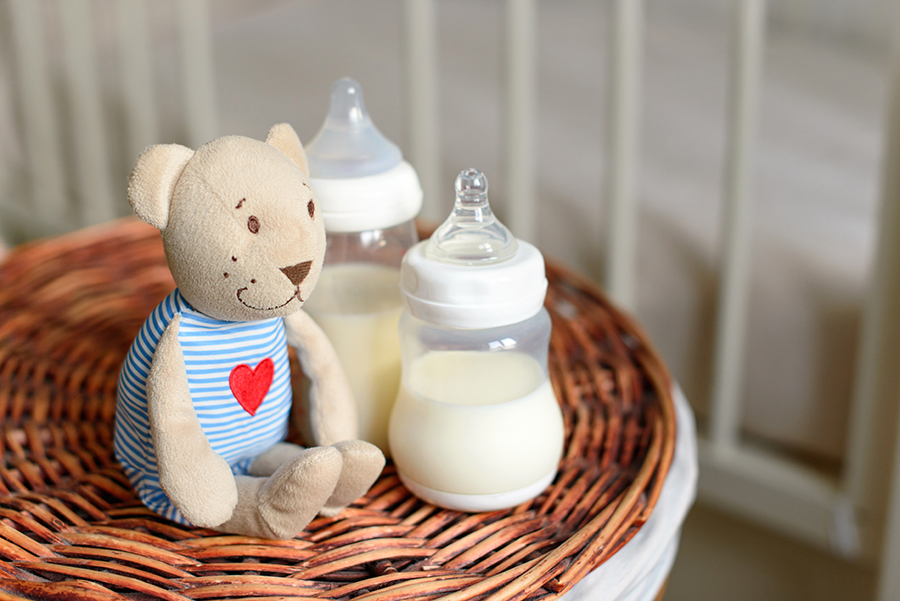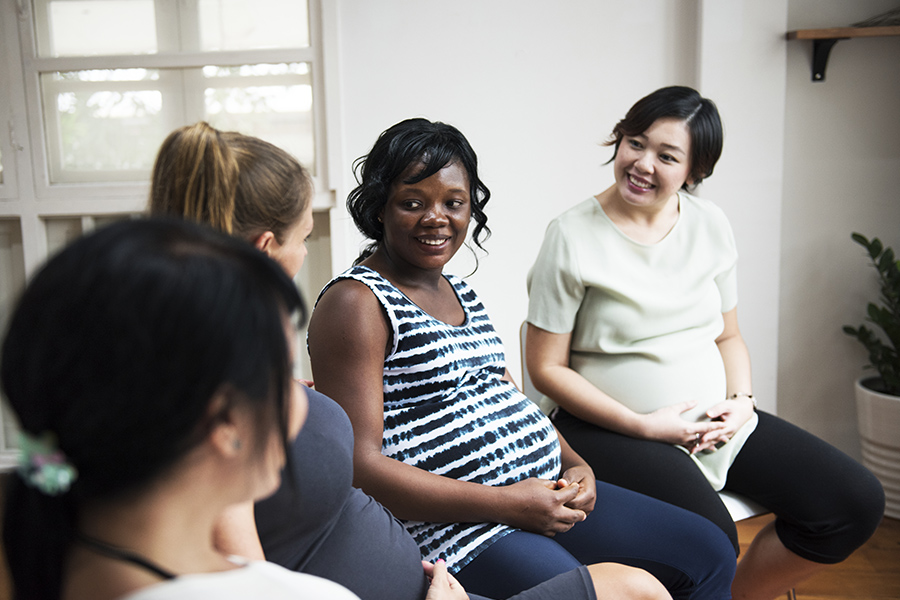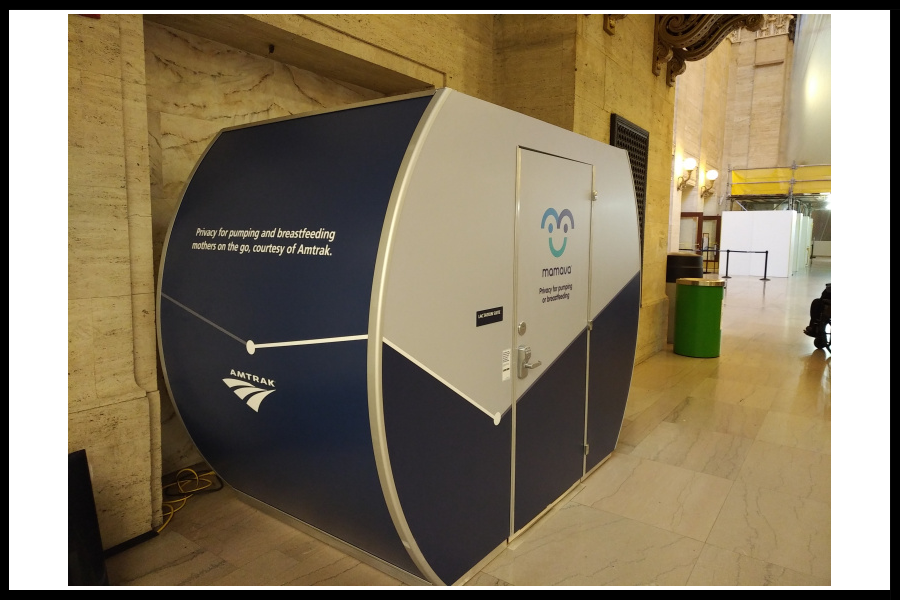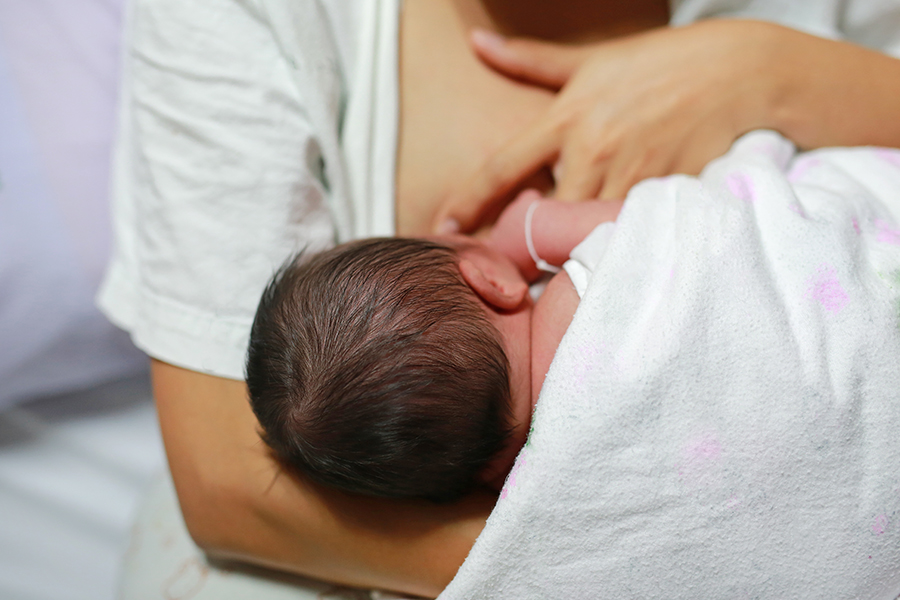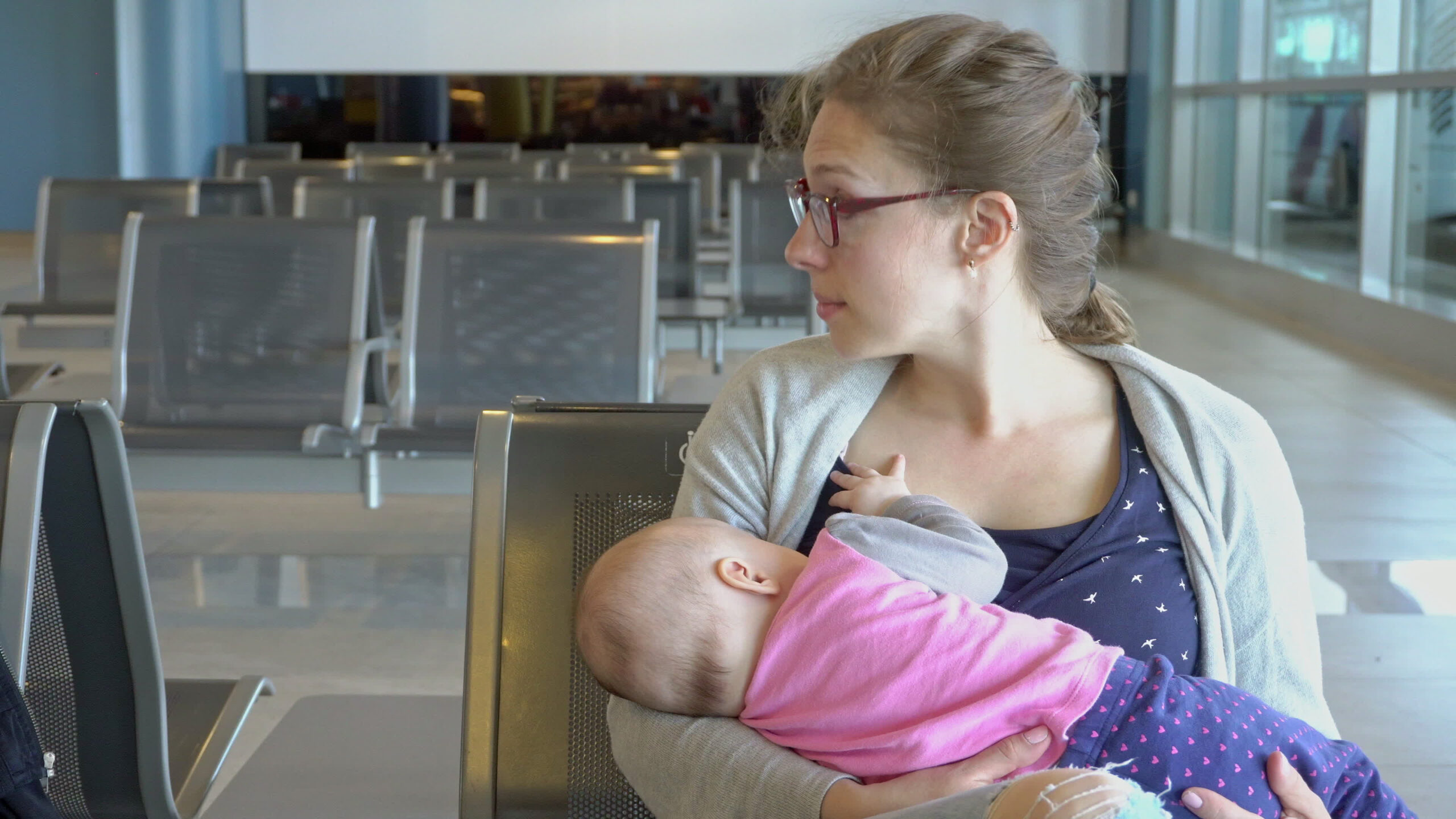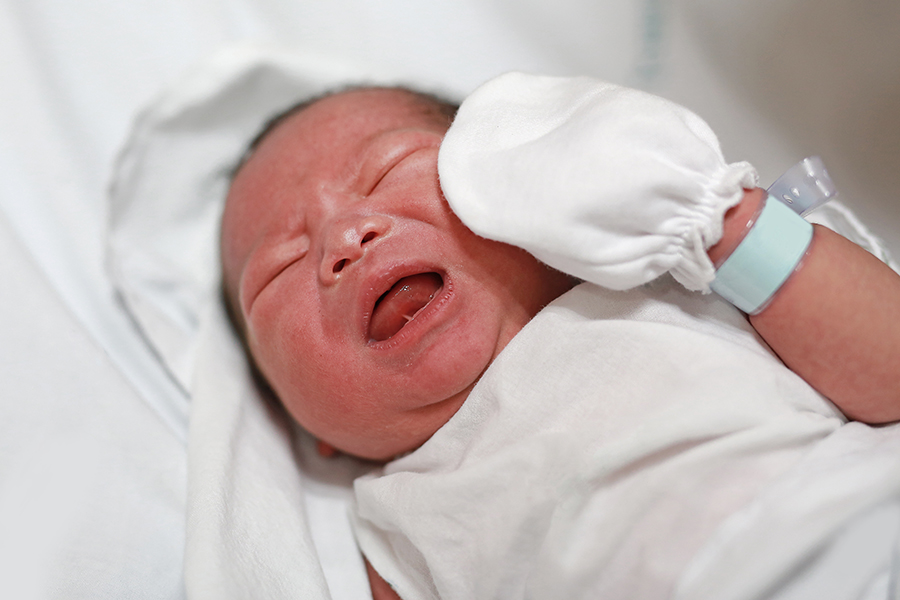By Kelly Wallace for CNN. Image from Instagram and published on CNN.
I’ve written before about how I simply don’t get how we in the United States remain so squeamish about breast-feeding — and how despite all the research that ‘breast is best,’ many U.S. hospitals are still not providing women with breast-feeding support.
If we know — based on actual scientific studies — that breast-feeding can provide health benefits to mother and baby, why aren’t we doing everything we possibly can to make it easier and more socially acceptable for women who choose to breast-feed?
Maybe a new two-part comprehensive report published Thursday in the medical journal The Lancet and billed as the largest and most detailed analysis of the existing research on breast-feeding around the world will help bring about change in the United States and globally. More than 1,300 studies were reviewed, including some commissioned specifically for this report, which focused on the levels, trends and benefits of breastfeeding.
Think of the health implications alone. Based on new estimates produced for the report, dramatically scaling up breast-feeding to near-universal levels for infants and young children could save 820,000 children’s lives a year around the world, preventing 13% of all deaths of children under five.
“Breast milk acts as a baby’s first vaccine to help fight disease and illness,” said Dr. Cesar Victora, emeritus professor of epidemiology at the Federal University of Pelotas in Brazil, one of the co-authors of the report, in response to questions via email.
One third of respiratory infections and about half of all diarrhea episodes could be avoided in low- and middle-income countries through breast-feeding, according to the report. In high-income countries, breast-feeding cuts the risk of sudden infant deaths by more than one-third.
Children who are breast-fed longer have been found to have higher intelligence than those who are breast-fed for shorter periods, the report said.












